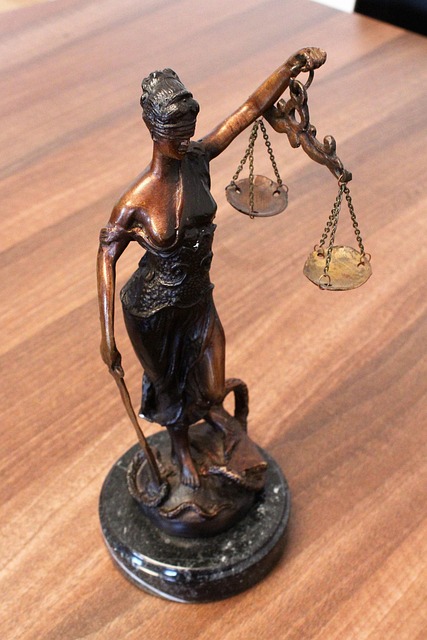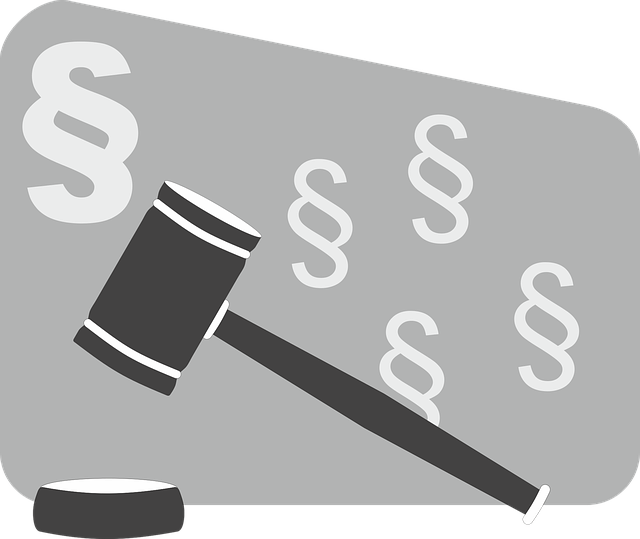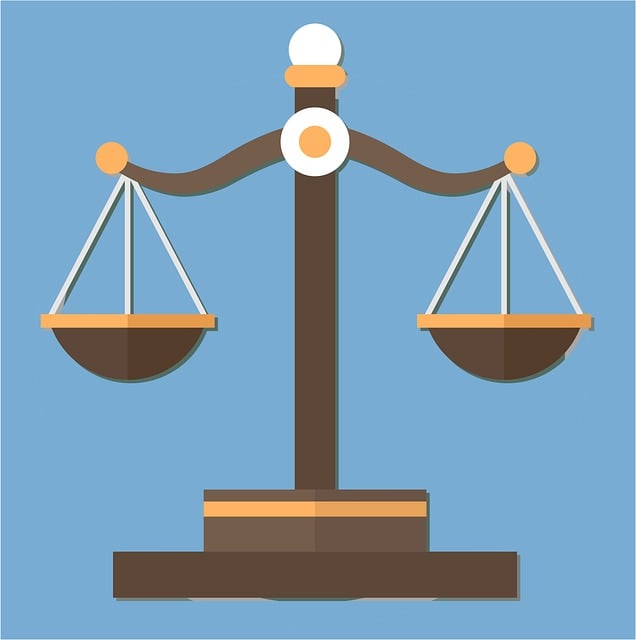Corporate Crime Investigations delve into the intricate legal aspects of white-collar crimes, highlighting the critical role of Search and Seizure Rights in Criminal Law for evidence collection. Skilled attorneys navigate these complexities, balancing public safety and privacy, to ensure justice without compromising integrity. Law enforcement uses these rights to gather evidence, including documents and digital records, while respecting individual rights during search and seizure operations. Strict adherence to legal protocols, best practices, and documentation safeguards evidence integrity and ensures due process in corporate crime cases.
Corporate Crime Investigations delve into the intricate world of legal oversight within businesses, where fraud and misconduct can have far-reaching consequences. This article navigates the complex terrain of understanding these investigations, highlighting key aspects such as search and seizure rights—a cornerstone of criminal law—and their application in corporate contexts. We explore the role of law enforcement, best practices for evidence collection, and legal implications ensuring due process during probes, providing a comprehensive guide to this critical field.
- Understanding Corporate Crime Investigations: Unraveling Complex Legal Terrain
- Search and Seizure Rights: A Cornerstone of Criminal Law
- The Role of Law Enforcement in Corporate Fraud Cases
- Evidence Collection: Best Practices for Investigators
- Legal Implications and Due Process During Corporate Crime Probes
Understanding Corporate Crime Investigations: Unraveling Complex Legal Terrain
Corporate Crime Investigations delve into the complex legal terrain surrounding white-collar crimes, where sophisticated financial schemes and fraudulent activities can leave significant impacts on businesses, investors, and society at large. Understanding these investigations requires a deep dive into various legal principles, including Search and Seizure Rights in Criminal Law. These rights are pivotal in ensuring that evidence is gathered legally, protecting individuals from unlawful intrusion, and maintaining the integrity of the justice system.
An unprecedented track record of winning challenging defense verdicts in corporate crime cases underscores the critical importance of meticulous legal strategies and a thorough understanding of both the law and the specific circumstances surrounding each case. Skilled attorneys specializing in white-collar defense must navigate these complex issues while aiming to achieve favorable outcomes for their clients, demonstrating a commitment to justice without compromising ethical standards.
Search and Seizure Rights: A Cornerstone of Criminal Law
Search and Seizure Rights in Criminal Law serve as a cornerstone, ensuring law enforcement has the legal framework to gather evidence during investigations. These rights balance the need for effective crime prevention with individual privacy protections, according to established legal principles across the country. They are pivotal in corporate and individual client cases alike, enabling authorities to secure tangible and digital evidence without undue intrusion.
A thorough understanding of Search and Seizure Rights is essential for all involved parties. Prosecutors rely on them to build robust cases, while lawyers defend their clients’ rights against potential breaches. The precise application of these rights plays a crucial role in determining the outcome of criminal proceedings, potentially leading to a complete dismissal of all charges or strengthening defenses, based on how evidence was acquired.
The Role of Law Enforcement in Corporate Fraud Cases
Law enforcement plays a pivotal role in uncovering and prosecuting corporate fraud cases, ensuring accountability and justice. In these investigations, their primary responsibility is to safeguard public interests by employing various legal tools and procedures. One such critical tool is the exercise of search and seizure rights, as delineated in criminal law, allowing them to gather evidence during all stages of the investigative and enforcement process. This involves meticulously collecting documents, digital records, and physical assets that may hold incriminating information related to white-collar offenses.
Officers must adhere to strict protocols to ensure the integrity of evidence, especially in complex corporate fraud schemes. The general criminal defense strategy often revolves around challenging the legitimacy of evidence obtained during these searches. Therefore, law enforcement must balance their investigative duties with respect for individual rights and procedural safeguards, ensuring a fair and transparent process throughout the case.
Evidence Collection: Best Practices for Investigators
In corporate crime investigations, evidence collection is a critical phase that demands meticulous care and adherence to legal protocols. Investigators must balance the need for thoroughness with respect for individual rights, especially when dealing with search and seizure operations. Best practices involve securing necessary warrants based on compelling evidence, ensuring compliance with the Fourth Amendment’s protections against unreasonable searches and seizures in criminal law. This approach not only safeguards the rights of individuals but also strengthens the integrity of the investigation.
A proven strategy is to maintain detailed documentation throughout, including chain-of-custody logs for physical evidence and digital forensics. This meticulous record-keeping helps preserve the admissibility of evidence in potential jury trials. Moreover, an unprecedented track record of successful investigations can be achieved by adhering to these practices, which have been shown to lead to complete dismissal of all charges in cases where rights were respected and evidence was handled appropriately.
Legal Implications and Due Process During Corporate Crime Probes
Corporate crime investigations come with significant legal implications and due process considerations. When businesses or individuals are suspected of engaging in white-collar and economic crimes, such as fraud, money laundering, or bribery, law enforcement agencies conduct thorough probes. These investigations often involve complex financial transactions and require a meticulous trail of evidence to build a strong case.
In the realm of corporate crime, search and seizure rights in criminal law play a crucial role. Law enforcement must adhere to strict protocols to ensure due process is served during these high-stakes cases. This includes obtaining valid search warrants based on probable cause, conducting searches with minimal intrusion, and securing evidence properly. White-collar defense attorneys often challenge the legal basis for investigations and evidence gathering to protect their clients’ rights and ensure fairness throughout the probe.
Corporate crime investigations demand a meticulous balance between upholding legal principles and uncovering complex financial misdeeds. By understanding the intricate landscape of corporate law, investigators can effectively navigate search and seizure rights as foundational tools within criminal law. This ensures due process while also enabling the successful prosecution of fraud cases, ultimately fostering a more accountable business environment. Best practices in evidence collection, as highlighted in this article, play a pivotal role in strengthening these investigations and ensuring justice prevails.






